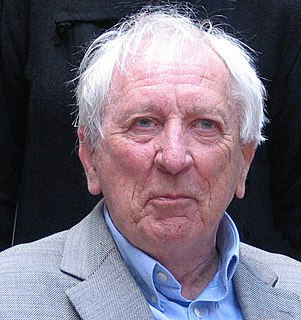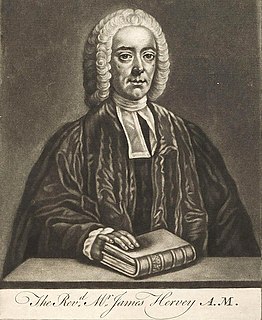A Quote by Isaac Bashevis Singer
The Yiddish mentality is not haughty. It does not take victory for granted. It does not demand and command but it muddles through, sneaks by, smuggles itself amidst the powers of destruction, knowing somewhere that God's plan for Creation is still at the very beginning.
Related Quotes
The world exists, not for what it means but for what it is. The purpose of mushrooms is to be mushrooms, wine is in order to be wine: things are precious before they are contributory. It is a false piety that walks through creation looking only for lessons which can be applied somewhere else. To be sure, God remains the greatest good; but, for all that, the world is still good in itself. Indeed, since He does not need it, its whole reason for being must lie in its own natural goodness; He has no use for it, only delight.
If the first plan which you adopt does not work successfully, replace it with a new plan; if this new plan fails to work, replace it in turn with still another, and so on, until you find a plan which does work. Right here is the point at which the majority of men meet with failure, because of their lack of persistence in creating new plans to take the place of those which fail.
Man no longer lives in the beginning--he has lost the beginning. Now he finds he is in the middle, knowing neither the end nor the beginning, and yet knowing that he is in the middle, coming from the beginning and going towards the end. He sees that his life is determined by these two facets, of which he knows only that he does not know them
We are so accustomed to the miracle of private enterprise that we habitually take it for granted. But how does private industry solve the incredibly complex problem of turning out tens of thousands of different goods and services in the proportions in which they are wanted by the public? ... It solves these problems through the institutions of private property, competition, the free market, and the existence of money - through the interrelations of supply and demand, costs and prices, profits and losses.
It is precisely women’s experience of God that this world lacks. A world that does not nurture its weakest, does not know God the birthing mother. A world that does not preserve the planet, does not know God the creator. A world that does not honor the spirit of compassion, does not know God the spirit. God the lawgiver, God the judge, God the omnipotent being have consumed Western spirituality and, in the end, shriveled its heart.
The motive that impels modern reason to know must be described as the desire to conquer and dominate. For the Greek philosophers and the Fathers of the church, knowing meant something different: it meant knowing in wonder. By knowing or perceiving one participates in the life of the other. Here knowing does not transform the counterpart into the property of the knower; the knower does not appropriate what he knows. On the contrary, he is transformed through sympathy, becoming a participant in what he perceives.





































